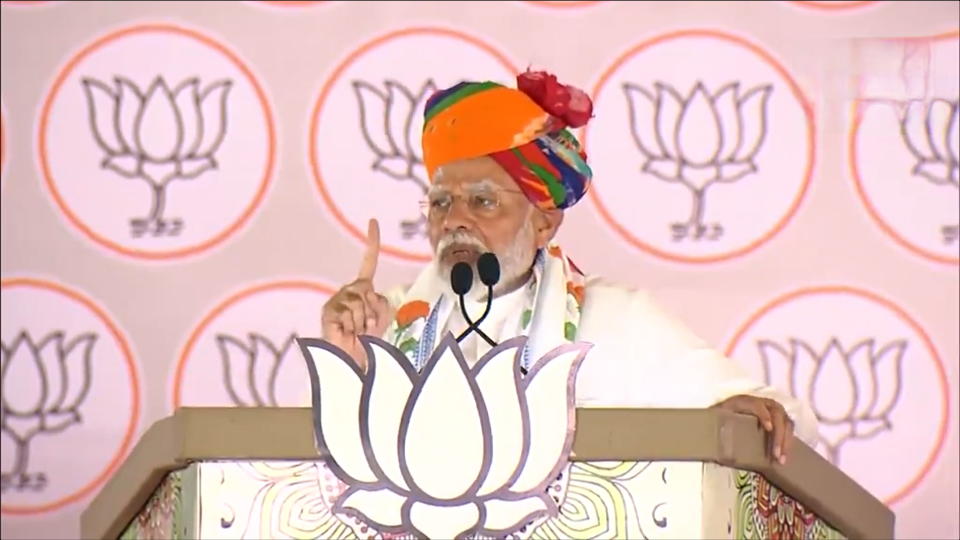In a recent public gathering in Rajasthan, Prime Minister Narendra Modi ignited controversy by accusing the Congress party of attempting to divide the reservation quota during their tenure in power. Modi’s bold allegation claimed that the Congress had sought to allocate separate reservation quotas to specific voting blocs, thereby disrupting the established system designed to uplift Dalits and backward classes.
“The truth is that when the Congress was in power, they wanted to give separate reservation to their special vote bank by breaking into the reservation of Dalits and backward classes,” stated PM Modi during the gathering. He emphasized, “Whereas the Constitution is completely against this…”
The Prime Minister’s remarks have triggered a heated debate across political circles and society at large, with many questioning the veracity of his claims. The Congress party, targeted by Modi’s accusations, has remained silent thus far, refraining from issuing a response to the allegations.
India’s reservation system, instituted to address historical injustices and provide opportunities for social and educational advancement to marginalized communities, has long been a contentious issue. Critics often allege that the system is prone to political exploitation, while proponents argue for its necessity in achieving social equity.
Modi’s comments come at a time when the nation faces multifaceted challenges, spanning social and economic realms. The timing of his accusations injects a new dimension into the ongoing discourse surrounding reservation policies, raising questions about their implementation and potential manipulation for political gain.
As the controversy unfolds, the nation watches closely to discern the ramifications of Modi’s accusations on the political landscape and the broader societal dialogue concerning reservation quotas in India.



